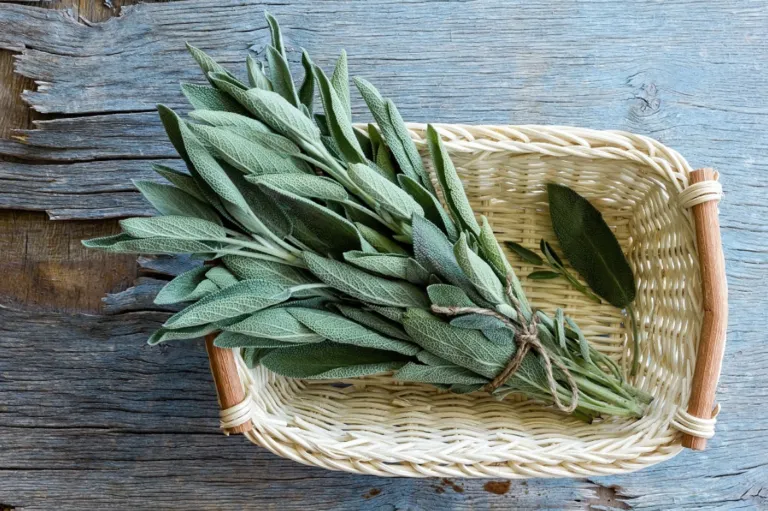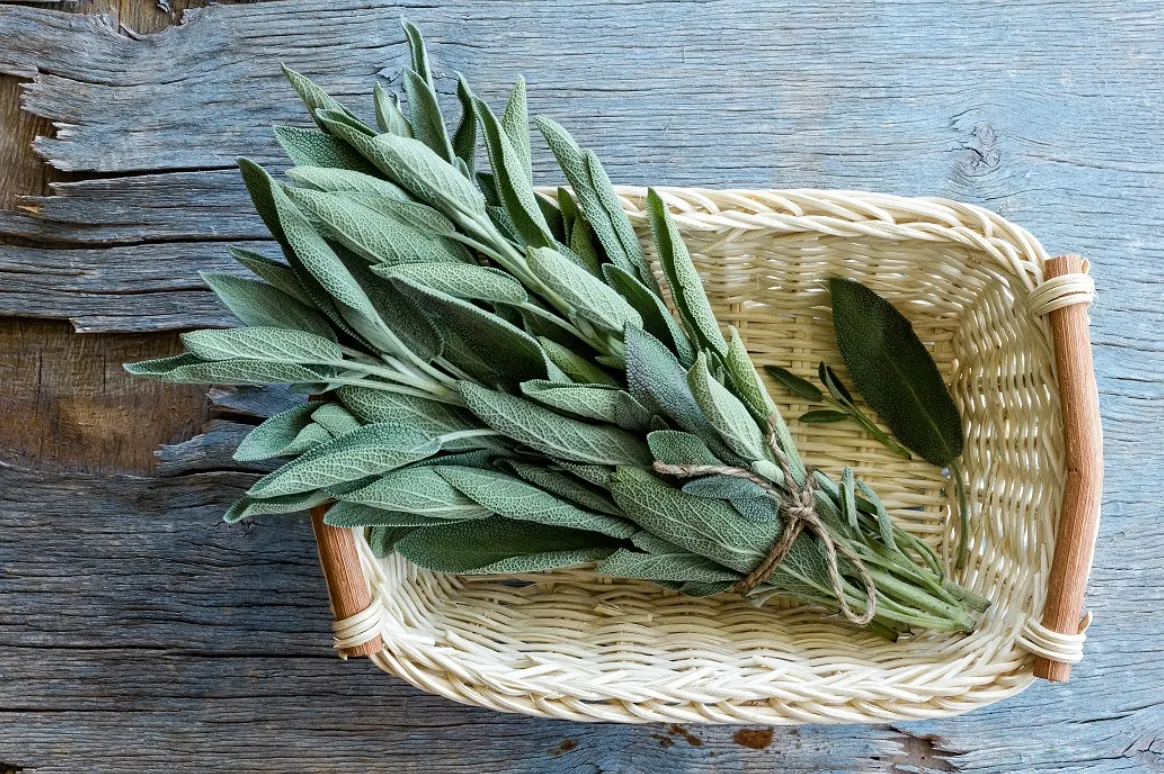Pregnancy is a special time when the use of many medicines and herbs is prohibited. Sage is also included in this group by many gynecological societies. What are the properties of sage and what can its use during pregnancy?
Sage – properties
Sage leaves are a rich source of tannins, phytoestrogens, carotene and vitamins B, A and C. They are also known for their antioxidant, antimicrobial, anti-inflammatory and blood sugar and lipid lowering properties. In its composition sage also contains large amounts of essential oils rich in substances such as camphor, bornel, cineol, thujone and pinene.
Sage – Uses
Due to its significant amount of natural ingredients with antioxidant, anti-inflammatory and microbiological effects, sage has found use in the treatment of many diseases. The most popular is the use of ointment solutions for rinsing the mouth. This practice is particularly effective for all types of stomatitis, recurrent aphthae or thrush. In addition, taking sage infusions can bring noticeable benefits to those who struggle with heartburn and hyperacidity. It has also been found that regular intake of sage tea can lower blood sugar levels and “bad” cholesterol. However, it should be remembered that the use of this type of herb should never replace medication prescribed by a doctor, but should only support the healing process.
Sage in pregnancy – is it safe?
Despite its beneficial effects on human health, the use of sage during pregnancy is contraindicated. And this is because of the essential oils contained in it, which have a toxic effect on the developing fetus and in some cases can lead to miscarriage. This is, of course, provided that sage is taken regularly in certain quantities. Nevertheless, experts unanimously advise against taking it during pregnancy because of the possible side effects. An exception is gargling with an infusion of sage. It does not enter the body in this way and therefore has no effect on the developing baby.
Other herbs in pregnancy
The use of herbs during pregnancy is still an unsolved problem. This is due to the fact that there are no objective studies that clearly define the effects of each herb on the pregnant woman and the development of the fetus. Nevertheless, a classification has been made that informs which herbs are safe during pregnancy and which should be avoided during this period. It should also be noted that many of the listed herbs may interact with medications taken daily by the pregnant woman; therefore, it is necessary to consult a gynecologist before using them.
Herbs that are relatively safe during pregnancy:
- Ginger
- Melissa
- Nettle
- St. John’s wort
- Calendula
- Chamomile
- Mint
- Flaxseed
Herbs that are contraindicated in pregnancy:
- Yarrow
- Dandelion
- Aloe vera
- Wormwood
- Clove root
- Ginseng
- Savory
- Common juniper












